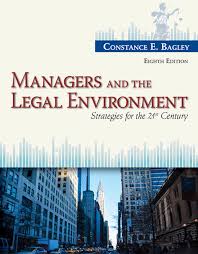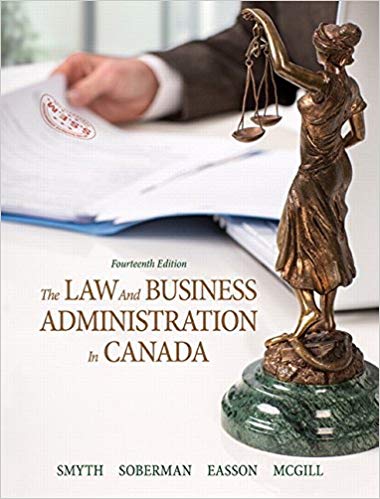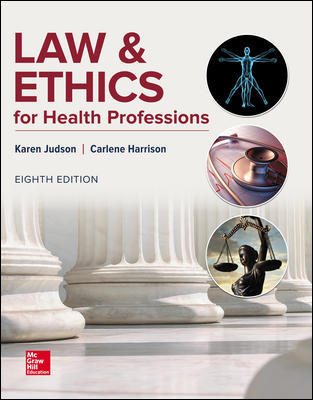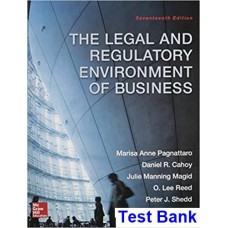Major Principles of Media Law 2015 1st Edition By Genelle Belmas – Test Bank
QUESTION POOL FOR EXAM #1 COMMUNICATIONS LAW
(covering Chapters 1, 2, 3, and 4 in
Major Principles of Media Law, 2015 edition)
CHAPTER 1. THE AMERICAN LEGAL SYSTEM
1. A U.S. Supreme Court decision interpreting the meaning of an act of Congress (for example, the Copyright Act) may be overruled by: a) a ruling by a federal regulatory agency; b) a subsequent act of Congress; c) a treaty with a foreign nation; d) a presidential executive order; e) all of these.
2. How could a U.S. Supreme Court decision interpreting the meaning of the Constitution be overturned? a) by a Constitutional amendment; b) by an act of Congress; c) by a later Supreme Court decision; d) by a presidential proclamation; e) both choices A and C.
3. The common law is derived from: a) acts of Congress; b) acts of state legislatures; c) court decisions; d) rulings by federal agencies; e) rulings by arbitrators.
4. Here’s a legal citation: 419 U.S. 245 (1974). What does “U.S.” tell you about the case? a) absolutely nothing; b) that it is a U.S. Supreme Court decision; c) that it is a U.S. District Court case; d) that it is a criminal case, not a civil case; e) that the U.S. government lost the case in 1974.
5. The rules and regulations adopted by the Federal Trade Commission are examples of: a) statutory law; b) common law; c) constitutional law; d) administrative law; e) none of these.
6. In legal terminology, a code is: a) an indexed collection of court decisions; b) an organized body of statutory law; c) a list of constitutional amendments; d) a collection of executive orders; e) a secret message from one judge to others.
7. Products liability, medical malpractice, battery, invasion of privacy, trespass, wrongful death and libel all fall within a field of civil law known as: a) torts; b) contracts; c) stare decisis; d) negligence; e) certiorari.
8. The U.S. Supreme Court in 2003 declared that very large punitive damage awards (i.e. those exceeding 10 times the provable monetary losses) are usually improper. The case: a) Plessy v. Ferguson; b) New York Times v. Sullivan; c) State Farm v. Campbell; d) Virginia v. Black; e) Young v. New Haven Advocate.
9. In a court of equity, an aggrieved party may secure: a) only monetary compensation for his/her injuries; b) monetary compensation for injuries plus additional money for “pain and suffering;”














Reviews
There are no reviews yet.